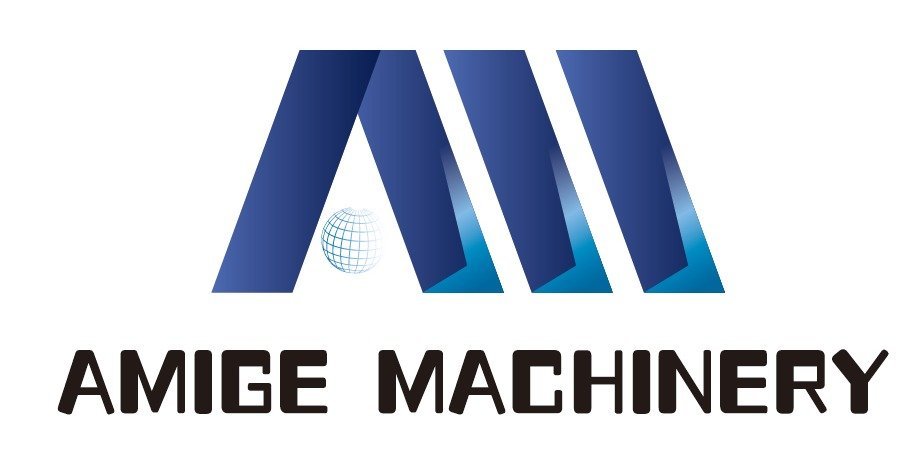Plastic waste is piling up faster than kangaroos hop. If you’re in the recycling industry like me, you’ve probably seen the shift coming—Australia is cracking down on plastic waste. But here’s the kicker: the new policies aren’t just rules, they’re reshaping the entire supply chain. For exporters, recyclers, and machine manufacturers (like us at Amige), the ripple effects are real—and full of opportunities.
Australia’s new plastic recycling policies focus on export bans, mandatory recycled content, and Extended Producer Responsibility (EPR) schemes. These measures aim to reduce landfill waste, boost domestic recycling capacity, and encourage innovation. The impact? Stricter standards but a golden chance for recyclers and machinery suppliers to thrive.
Trust me, this isn’t just another policy update. It’s a tectonic shift. And yes, I brought data, sarcasm, and insider stories to keep things spicy.
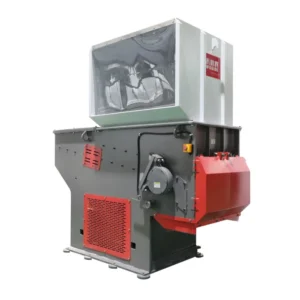
What exactly are the new plastic recycling policies in Australia?
Let’s break it down, no jargon allowed.
Since 2021, Australia has implemented a phased ban on the export of unprocessed plastic waste. That’s right—no more shipping dirty, unsorted plastic offshore. If it’s not sorted and processed, it stays home.
Alongside this, the government introduced:
-
Recycled content targets for packaging
-
National Plastics Plan for 2021 and beyond
-
EPR legislation for certain plastic product categories
These policies are backed by funding and industry collaboration. For instance, the Recycling Modernisation Fund (RMF) aims to unlock over AUD 1 billion in recycling infrastructure investments.
Why did Australia launch these changes?
Because sweeping trash under someone else’s rug finally stopped working.
China’s National Sword Policy in 2018 slammed the door on low-quality plastic waste imports. Southeast Asia followed suit. Suddenly, Australia had a plastic problem it couldn’t export. The wake-up call was brutal but necessary.
The government realized: if we want to clean up our act, we need to recycle better, not just ship faster. That’s why these new policies emphasize local processing, quality standards, and circular economy principles.
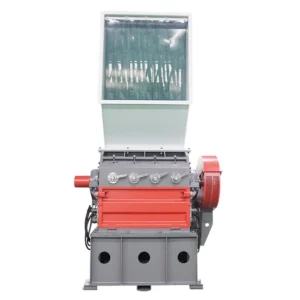
How do these policies affect plastic exporters and recyclers?
Short answer: adapt or exit.
Australian recyclers are now forced to process plastic domestically—which means investing in better sorting, crushing, and washing equipment. Gone are the days when you could bundle up mixed plastic waste and send it to Indonesia.
Exporters now must:
-
Sort plastics by resin code (e.g., PET, HDPE)
-
Clean and flake or pelletize before shipment
-
Meet tighter contamination limits
For example, our Australian clients have been upgrading to Amige’s high-precision plastic crushers and washing lines. Why? Because we help meet those new export requirements—efficiently.
And guess what? Local demand for recycled plastic is growing. It’s a challenge, but also a chance.
What industries are most impacted?
Packaging, agriculture, and retail—oh my.
Packaging
All eyes are on the Packaging Covenant targets, which require:
-
100% of packaging to be reusable, recyclable, or compostable by 2025
-
50% average recycled content across all packaging
That means brand owners need more recycled resin—and they need it now.
Agriculture
Plastic film and silage wrap are under scrutiny. New recycling schemes are being piloted. Farmers are suddenly getting interested in mobile shredders and mini-washing units. Hello, niche market.
Retail
Retailers are under pressure to reduce single-use plastics. That means more return schemes, more post-consumer waste, and—surprise—more crushing and recycling required.
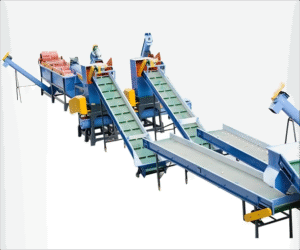
How is the recycling infrastructure evolving?
One word: investment.
Australia’s recycling industry is transforming rapidly thanks to government support and private sector hustle. Over $190 million has already been committed under the RMF. Projects include:
-
New plastics reprocessing facilities
-
Advanced sorting centers with AI and robotics
-
Partnerships for PET bottle-to-bottle recycling
We recently worked with a Melbourne facility upgrading their crushing line. They moved from 2 tons/day to 8 tons/day just by switching to our high-speed granulator with SKD-11 blades. Now they’re supplying clean PET flakes for food-grade applications.
Are there challenges or loopholes?
Of course—this isn’t utopia.
Challenges include:
-
Lack of standardization in recycled content verification
-
Shortage of skilled operators for advanced recycling tech
-
Contamination in post-consumer waste
-
Low public awareness on correct recycling behavior
Some companies still try to bend the rules by semi-processing and labeling it as “sorted.” But enforcement is tightening. Penalties are real. If you’re in the game, play it clean.
What opportunities do these policies create?
Oh, where do I start?
For companies like mine, it’s a golden age. More recyclers = more machines. More policies = more tech demand. Everyone from small sorters to big processors is scrambling for:
-
Efficient plastic crushers
-
Smart separation systems
-
Compact regrind washing lines
-
Low-noise, energy-saving motors (yes, the neighbors care)
But the biggest opportunity? Partnerships. International suppliers like us can collaborate with local firms to provide turnkey solutions, training, and even post-sales service networks in Australia.
We’re also seeing startups emerge focused on niche applications—like recycled 3D printing filament, plastic bricks, and even road construction materials made from crushed PE. Creativity thrives under pressure.
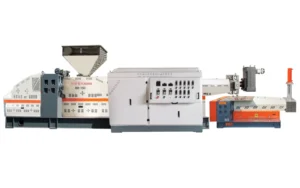
How should recyclers and machine buyers prepare?
Let me give you the cheat code.
-
Know your feedstock – Is it clean PET? Dirty LDPE? Rigid PP?
-
Upgrade crushing tech – Invest in systems with wear-resistant blades and automatic overload protection.
-
Integrate smart features – PLC controls, load sensors, even cloud dashboards. (Yes, our machines can talk.)
-
Ensure compliance – Know the export specs, the resin purity limits, and the local regulations.
-
Don’t go cheap – Australia has high standards. A $500 discount now might cost you $5,000 later.
And if you’re overwhelmed? Just call me. That’s what Amige does—we crush problems before we crush plastic.
Conclusion
Australia’s new plastic recycling policies are forcing big changes—but also opening big doors. With smart tech, solid partnerships, and a little grit, this could be the era of recycling 2.0. And I, for one, am here for it.
